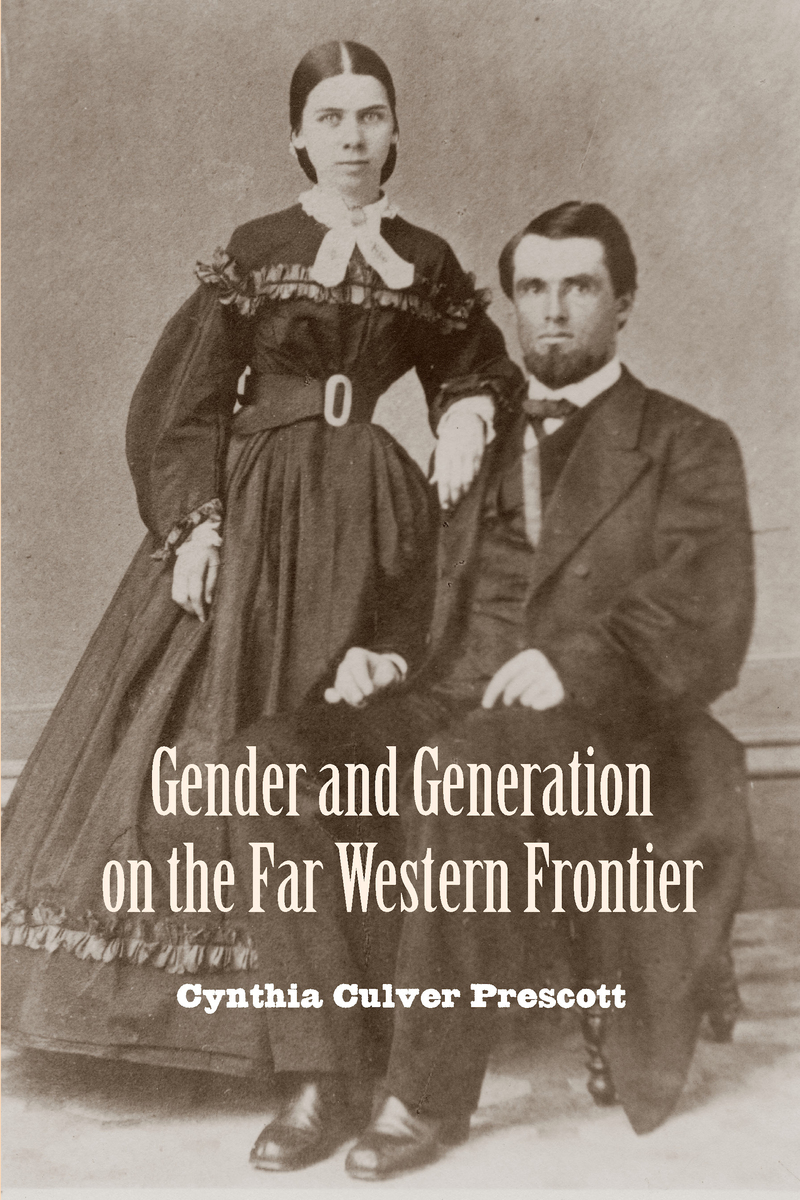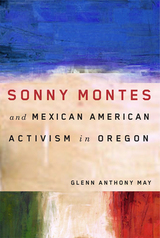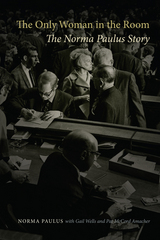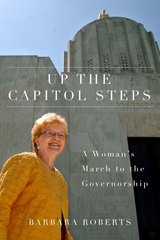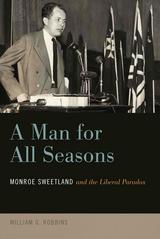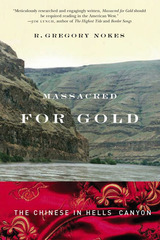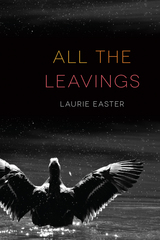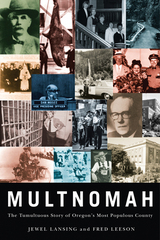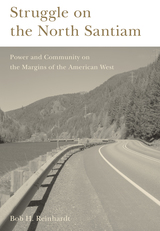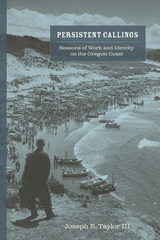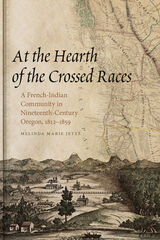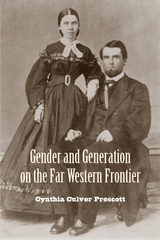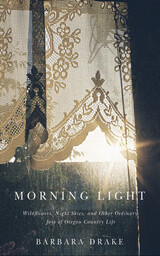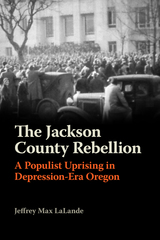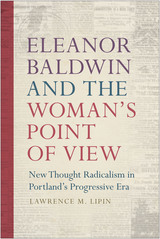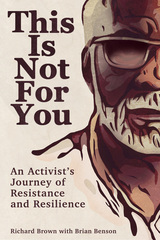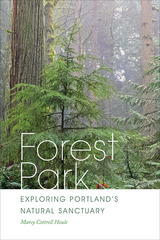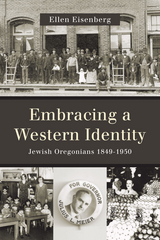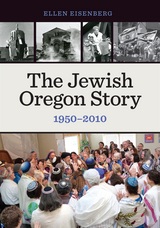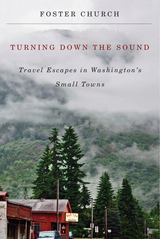Gender and Generation on the Far Western Frontier
University of Arizona Press, 2007
eISBN: 978-0-8165-4945-0 | Cloth: 978-0-8165-2543-0 | Paper: 978-0-8165-3413-5
Library of Congress Classification F882.W6P74 2007
Dewey Decimal Classification 306.870979530903
eISBN: 978-0-8165-4945-0 | Cloth: 978-0-8165-2543-0 | Paper: 978-0-8165-3413-5
Library of Congress Classification F882.W6P74 2007
Dewey Decimal Classification 306.870979530903
ABOUT THIS BOOK | AUTHOR BIOGRAPHY | REVIEWS | TOC
ABOUT THIS BOOK
As her family traveled the Oregon Trail in 1852, Mary Ellen Todd taught herself to crack the ox whip. Though gender roles often blurred on the trail, families quickly tried to re-establish separate roles for men and women once they had staked their claims. For Mary Ellen Todd, who found a “secret joy in having the power to set things moving,” this meant trading in the ox whip for the more feminine butter churn.
In Gender and Generation on the Far Western Frontier, Cynthia Culver Prescott expertly explores the shifting gender roles and ideologies that countless Anglo-American settlers struggled with in Oregon’s Willamette Valley between 1845 and 1900. Drawing on traditional social history sources as well as divorce records, married women’s property records, period photographs, and material culture, Prescott reveals that Oregon settlers pursued a moving target of middle-class identity in the second half of the nineteenth century.
Prescott traces long-term ideological changes, arguing that favorable farming conditions enabled Oregon families to progress from accepting flexible frontier roles to participating in a national consumer culture in only one generation. As settlers’ children came of age, participation in this new culture of consumption and refined leisure became the marker of the middle class. Middle-class culture shifted from the first generation’s emphasis on genteel behavior to a newer genteel consumption.
This absorbing volume reveals the shifting boundaries of traditional women’s spheres, the complicated relationships between fathers and sons, and the second generation’s struggle to balance their parents’ ideology with a changing national sense of class consciousness.
In Gender and Generation on the Far Western Frontier, Cynthia Culver Prescott expertly explores the shifting gender roles and ideologies that countless Anglo-American settlers struggled with in Oregon’s Willamette Valley between 1845 and 1900. Drawing on traditional social history sources as well as divorce records, married women’s property records, period photographs, and material culture, Prescott reveals that Oregon settlers pursued a moving target of middle-class identity in the second half of the nineteenth century.
Prescott traces long-term ideological changes, arguing that favorable farming conditions enabled Oregon families to progress from accepting flexible frontier roles to participating in a national consumer culture in only one generation. As settlers’ children came of age, participation in this new culture of consumption and refined leisure became the marker of the middle class. Middle-class culture shifted from the first generation’s emphasis on genteel behavior to a newer genteel consumption.
This absorbing volume reveals the shifting boundaries of traditional women’s spheres, the complicated relationships between fathers and sons, and the second generation’s struggle to balance their parents’ ideology with a changing national sense of class consciousness.
See other books on: Farm life | Middle class | Oregon | Pioneers | Women pioneers
See other titles from University of Arizona Press
